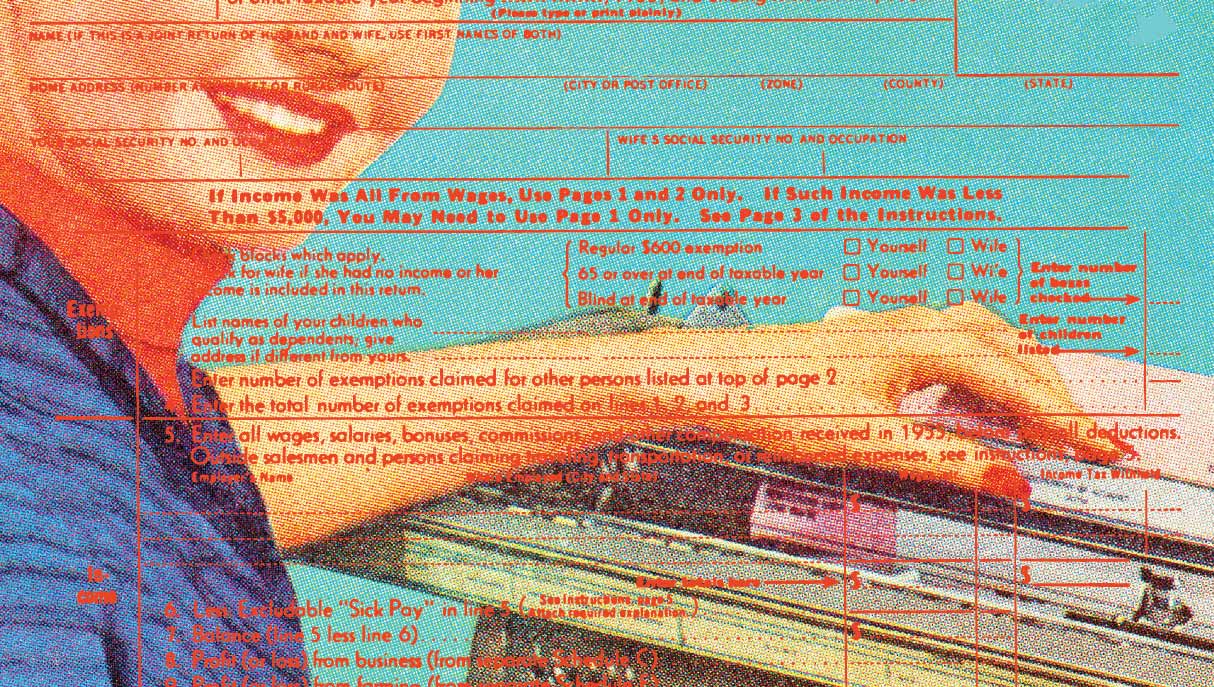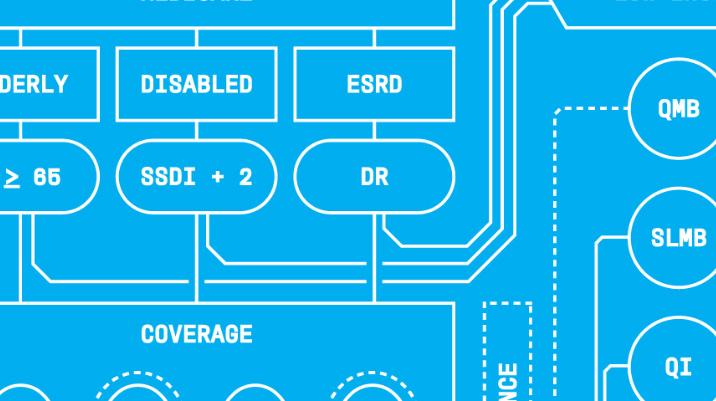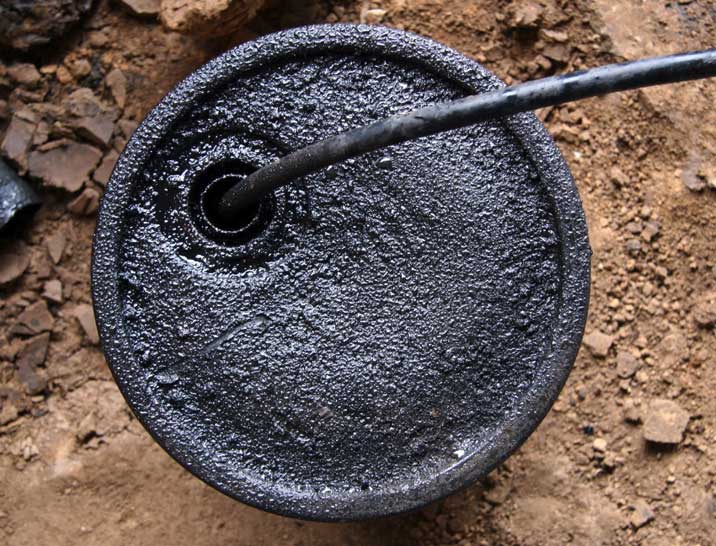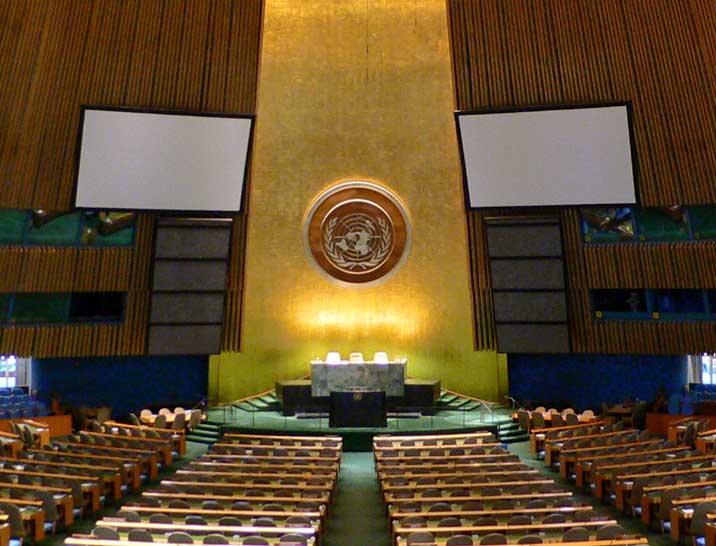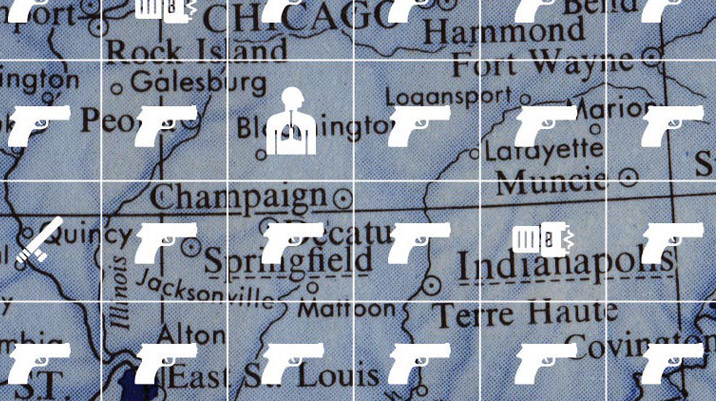I argue that the US government should eliminate the EITC, the CTC, and ACTC and replace them with a monthly $374 check paid out to every child in the country. This move would radically simplify the US child benefit system, nearly wipe out child poverty in the country, and provide income-smoothing to all families whenever they have children.
This paper uses data provided by the International Union of Painters and Allied Trades (IUPAT) to determine what the net financial impact of implementing Medicare for All or Bidencare would be on their members.
This paper argues that, contrary to popular belief, the Earned Income Tax Credit does not increase work, is administratively inefficient, and only reduces poverty by half as much as is commonly reported.
For a fraction of the military budget, the US could provide free public child care for all.
This paper argues that the US should make a suite of reforms aimed at increasing leisure time, including the creation of new federal holidays, mandated vacation and sick leave, more generous unemployment benefits, paid parental leave, and increases in benefits for the Social Security old-age pension.
This paper proposes a series of reforms to the existing welfare programs, including Medicare, Medicaid, Social Security, Supplemental Security Income, Unemployment Insurance, and Supplemental Nutritional Assistance Program. The reforms create a simpler, more coherent, more centralized, and more comprehensive welfare system.
This paper argues that the US should create a suite of universal welfare benefits for families with children. The benefits include a baby box, free child care and prek, free school lunches, paid parental leave, free health care for children, and a universal child allowance. In a follow up to this paper, we commissioned a poll about free child care and prek that found the ideas were very popular.
This paper argues that the US should nationalize the fossil fuel industry in order to neutralize its political power and allow for the state to manage winding down the operations of fossil fuel companies.
This paper argues that the US should impose a tax of $230 per ton of carbon pollution and use the proceeds to fund a per-capita dividend of $2,237 per year.
This paper argues that the US should send hundreds of billions of dollars annually to the UN Green Climate Fund to help developing countries make the clean energy transition.
This paper argues that the US should establish a climate-focused industrial policy. That policy would publicly fund early-stage green technologies like carbon-negative technologies, establish Green Innovation Institutes to facilitate the research and development of green technologies, and establish a Green Innovation Fund that would manage the government’s equity stakes in green technology firms and license green technologies developed by the government’s research and development activities.
This paper argues that the US should use the Tennessee Valley Authority, a federally-owned electricity-generation company, to massively build out carbon-free electricity production in the US.
This paper uses demographic and location information for 6,451 police killings to determine the racial and socioeconomic inequalities associated with those killings. It finds large class disparities in police killings, both overall and within each racial group. It also finds large black-white racial disparities in police killings, both overall and within each class group.
This paper argues that racial disparities in incarceration are mostly the result of class disparities between racial groups. Once socioeconomic status is controlled for, most of the racial disparities in incarceration-relevant outcomes shrink to nearly zero, though some racial disparity still remains.
This paper argues that Obama’s response to the financial crisis, and particularly his response to the foreclosure crisis, wiped out the wealth of the black middle class.


